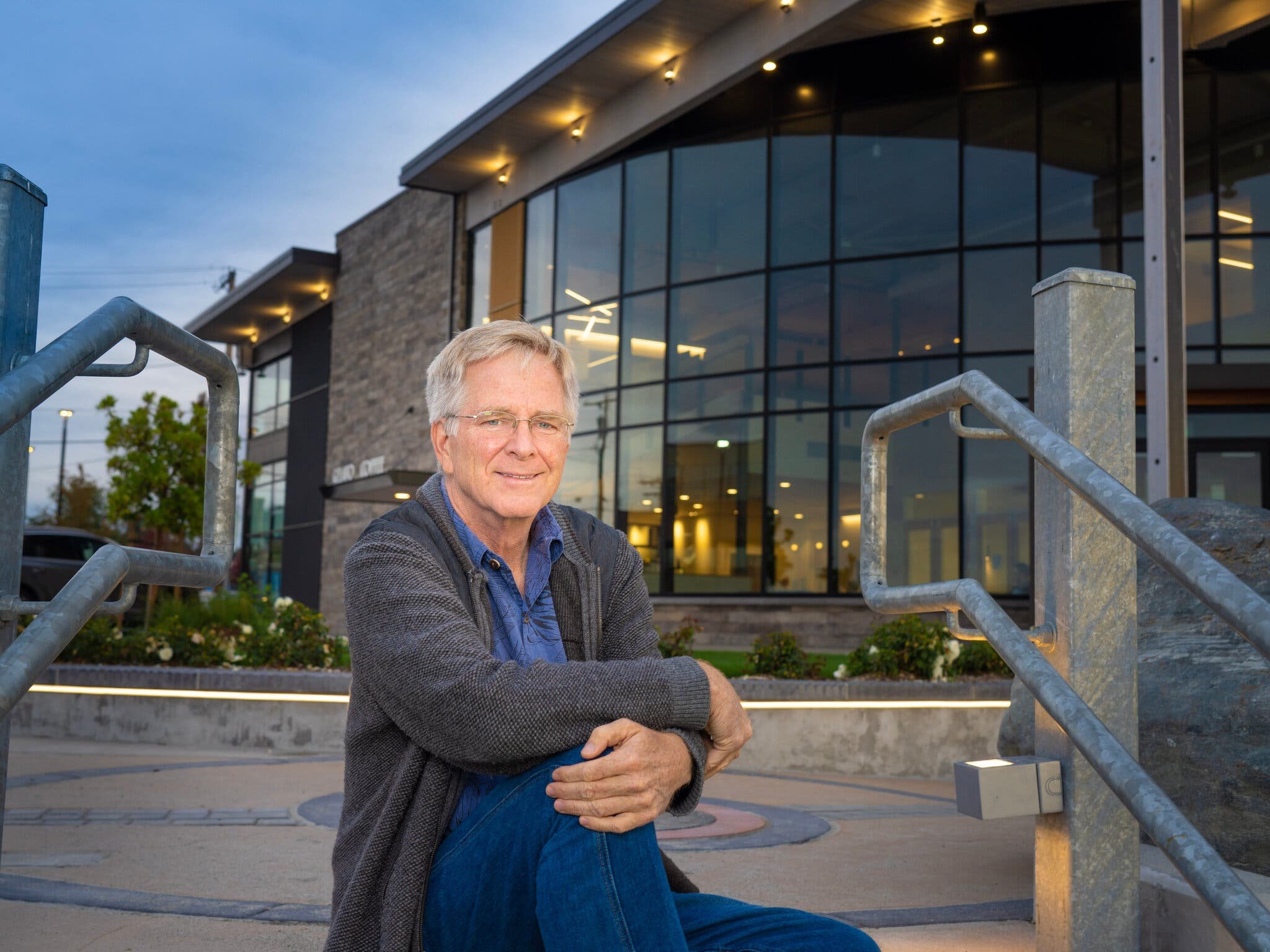Power Reads: 5 Interesting Articles That Will Help You This Week
/Each week, I select a few articles that rise above the fray and hopefully help you on your journey in leadership and the CRE world. They pull from one of four "corners": corporate real estate, technology, management science and anything positive. Each day we can become a better version of ourselves.
1. With Tenants 'Committed to the Office,' Boston Properties Expects Widespread Return to Work
One of the nation's largest developers and office landlords is banking on an eventual sweeping return to the workplace as it sees the appeal of remote work dissolve.
Boston Properties said despite lagging occupancy and tenants' delayed return dates, an enduring commitment by businesses to physical space has been evident in increased touring activity and space requirements, a flurry of blockbuster leases and a willingness to agree to longer-term deals.
For Boston Properties, anticipating that return has meant repositioning traditional office developments to cater to accelerating life science demand and weighing a restart for projects it shelved at the onset of the pandemic. The developer had more than $1.05 billion of projects moving through its construction pipeline by Sept. 30, a marked increase from the $868.8 million reported at the same time last year.
2. Here’s Why Employees at Top-Performing Companies Need the Office
n Gensler’s global workplace surveys over the last year, “working in-person with my team/colleagues” was ranked the number one reason to come to the office. That’s still true, but it’s far more nuanced than that. Our latest research reveals that top performing companies value the office for more than just collaboration. We uncovered a wide range of work activities people prefer to do in the office — both individual work and working with others.
According to our U.S. Workplace Survey 2021 research, workers at top-performing companies prefer the office for a much wider range of activities than workers at unranked companies, including deep concentration, ideation, and creative tasks. Top-performing companies’ employees are nearly twice as likely to prefer the office for individual thinking/ideation. They also prioritize in-person work over virtual work, in particular for giving and receiving in-person feedback.
For individual reflection or conceptual tasks, however, they are more likely to prefer a wider variety of places — both in and out of the office. (In this study, we define top-performing companies as organizations that have recently been ranked on a Most Admired, Best Places to Work, and Most Innovative Companies list.)
3. 'Stunning' Percentage Of Companies Haven't Set Hybrid Work Plans: EY Survey
Company leaders are increasingly finding that their businesses function better with workers at home at least some of the time, and most firms have yet to put formal arrangements into place.
The shift to hybrid work could have a knock-on effect on corporate real estate strategy with major office market impacts: a move away from a centralized headquarters.
Seventy-five percent of the 500 U.S. C-suite and business leaders Ernst & Young surveyed in its inaugural Future Workplace Index said they don’t expect having one main work location in the long term.
4. Broker 2.0: $1.5B Investment Into Proptech By Big Firms Is Changing How They Operate
The nation's biggest brokerages have invested almost $1.5B in proptech deals over the past 10 years. They know the world is changing, they know they need to stay ahead of that change, and they have put up real money to invest in the future. But what has that investment actually bought them?
The real estate industry is being redefined by extensive investments in new technology. Global venture capital investment in proptech exceeded $61.1B since 2010, according to investment data from Pitchbook.
While venture capital investors and tech startups seek to create breakthrough products and change how the industry operates, change is also coming from within, in the form of big brokerages and real estate service firms investing in their own technology and even creating their own technology investment funds.
5. Rick Steves on the Return of Travel and Why It Matters
On a recent morning, Rick Steves was wandering around the ancient Tuscan town of Volterra with a new crop of tour guides. His company’s trips to Europe are set to resume in February after a nearly two-year pandemic hiatus, and the guides were midway through a nine-day trip around Italy to learn “what makes a Rick Steves tour a Rick Steves tour.” One of the stops on their itinerary was Volterra, a medieval hilltop town whose stone walls are 800 years old. Mr. Steves — who has been to Tuscany many times for his popular public broadcasting show and YouTube channel — was relishing being back.
“We’re surrounded by the wonders of what we love so much, and it just makes our endorphins do little flip-flops,” he said during a phone interview.
That unabashed enthusiasm has fueled Mr. Steves’s empire of guidebooks, radio shows and TV programs, as well as tours that have taken hundreds of thousands of Americans overseas since he started running them in 1980.
Along the way, Mr. Steves has built a reputation for convincing hesitant Americans to make their first trip abroad — and that first trip is often to Europe, which Mr. Steves has called “the wading pool for world exploration.” But he also speaks passionately about the value of travel to places like El Salvador and Iran, and he’s open about how his time in other countries has shaped his views on issues like world hunger and the legalization of marijuana.
Your success blesses others. I wish you a great and hugely impactful week!







